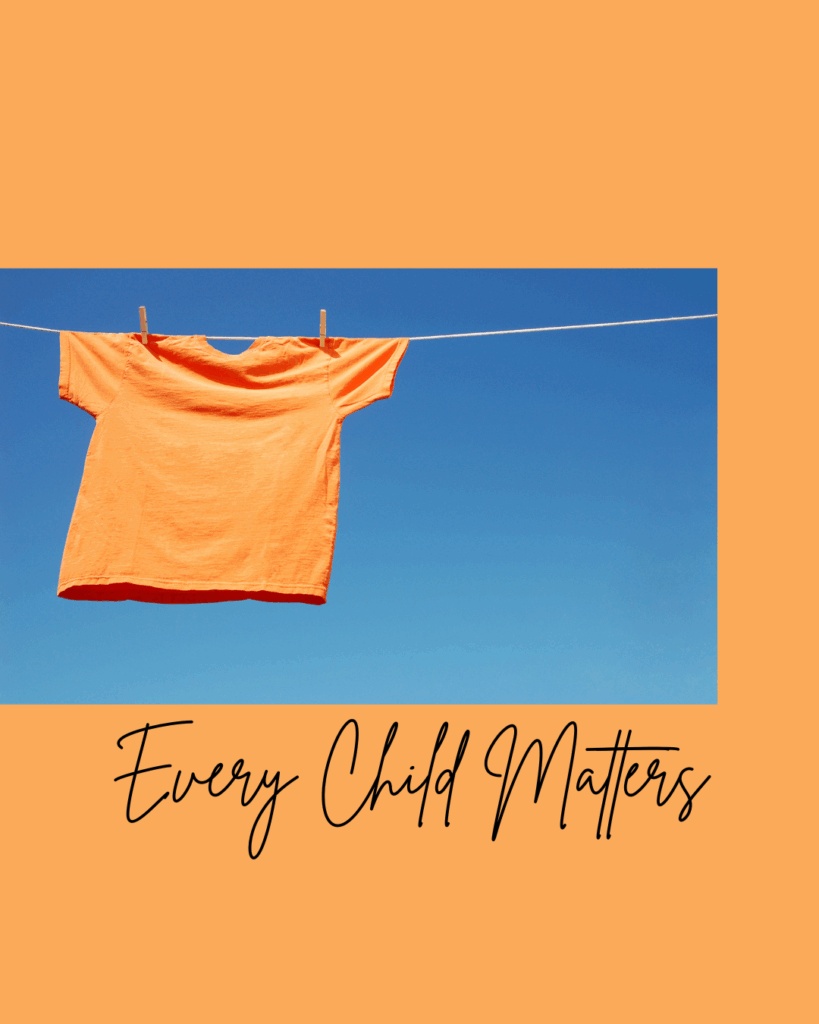Truth and Reconciliation is more than a day of reflection, it is an ongoing commitment to acknowledging harm, repairing relationships, and building a future rooted in justice. As a trauma therapist, I hold deep respect for the ways trauma moves not only through individuals, but through families, communities, and entire nations. The impacts of colonization, residential schools, and systemic erasure are not confined to the past, they continue to live in the bodies, lands, and daily realities of Indigenous Peoples across Turtle Island.
From a trauma-informed lens, reconciliation cannot be approached without first centering truth. We must recognize the intergenerational trauma caused by cultural genocide, forced assimilation, and ongoing colonial violence. Healing requires that we listen deeply to survivours, honour their stories, and resist the urge to look away when the truths feel heavy.
An anti-oppressive approach reminds us that reconciliation is not a symbolic gesture. It is a collective responsibility that calls for action: dismantling the systems of oppression, amplifying Indigenous voices, and returning resources, power, and care to Indigenous communities. Reconciliation is not charity, it is justice.
Part of this responsibility is also caring for Turtle Island itself. Colonization has not only harmed people; it has also disrupted our relationships with the land, waters, and more than human kin. Reconciliation means repairing those relationships, learning from Indigenous knowledge keepers, and honouring the land as living. Caring for Turtle Island is part of caring for each other.
For those wondering how to begin, here are some steps:
Read and Learn
Engage with works by Indigenous authors who share truths, wisdom, and pathways to reconciliation. A few starting points:
- 21 Things You May Not Know About the Indian Act by Bob Joseph
- Braiding Sweetgrass by Robin Wall Kimmerer
- The Inconvenient Indian by Thomas King
- They Called Me Number One by Bev Sellars
- From the Ashes by Jesse Thistle
Reflect and Act
- Learn whose land you live on, and honour that knowledge.
- Support Indigenous-led organizations and community initiatives.
- Advocate for policies that uphold Indigenous sovereignty and rights.
- Build reconciliation into daily life: through conversations, choices, and commitments.
Care for Turtle Island
- Reduce harm to the environment in ways that respect Indigenous teachings about stewardship.
- Participate in community led clean-ups, reforestation, or land defence actions.
- Treat the land, water, and sky as sacred, not as resources to be extracted, but as relations to be cared for.
Reconciliation is not a one-time action or a checklist, it is a lifelong practice. It calls us to move beyond words into sustained responsibility, accountability, and care.
As we reflect, may we remember: healing is possible when we choose truth over denial, action over silence, and collective care over individual comfort. On this journey of reconciliation, each of us has a role to play in building a future where trauma gives way to justice, and where Turtle Island can thrive for generations to come.
#everychildmatters
Ancestral Memory Therapy
info@ancestralmemroytherapy.com
Virtual and In Person appointments: Toronto & Hamilton

